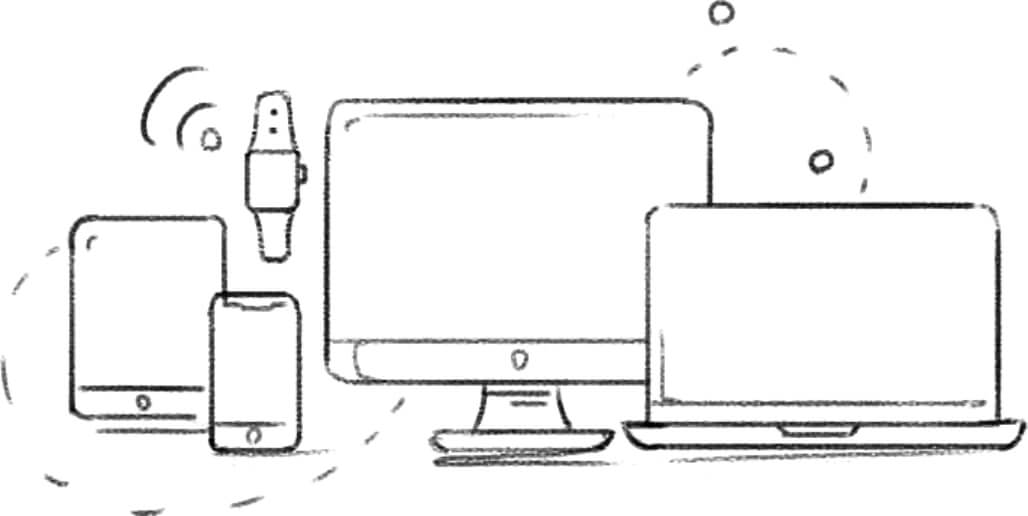What is an IoT application?
IoT applications enable the exchange of information between interconnected devices through the internet, without any human intervention involved. These cloud-based software as a service (SaaS) apps serve as a bridge between IoT devices and the internet, facilitating the gathering, analysis, and interpretation of data generated by the hardware.
What is IoT application development?
Engineering apps for IoT devices is called IoT application development, or machine-to-machine (M2M) application development.
Steps in IoT app development:
Choosing an IoT platform
This depends upon the target audience of your IoT software and devices. These platforms offer APIs which allow app developers to interface with the hardware. Some examples of IoT platforms are IBM’s Watson IoT, AWS IoT, and Cisco IoT Cloud Connect.
Selecting the hardware
This step necessitates selecting the hardware which will form the backbone of your IoT system. You’ll have to choose the embedded sensors, actuators, processors, and transceivers.
Factoring in scalability
You need to ensure that the IoT apps you engineer scale automatically with the number of users upon deployment. Scalability can be auto-accomplished by building your IoT apps on a cloud platform like Zoho Creator, which scales automatically.
Engineering low latency
The hardware and software of your IoT network should function at low latency, to offer optimal responsiveness and performance. High-speed connections are of the essence here.
Ensuring app security
As information processed over IoT networks is highly confidential and sent and accessed through the public internet, security is a crucial factor. IoT apps need to be developed with adherence to stringent security standards and protocols.
IoT application development is best accomplished when a cloud app development platform like Zoho Creator is harnessed. This is because the cloud platform abstracts away the hardware infrastructure, scalability, latency, and security from the developers.
Advantages of IoT apps
IoT apps come with several advantages—prominent among them are:
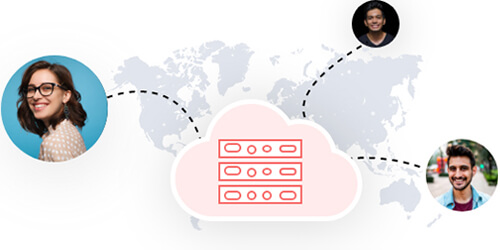
Universal communication
IoT apps enable seamless communication between people, processes, and a wide varieties of things which can connect and exchange data over the internet.
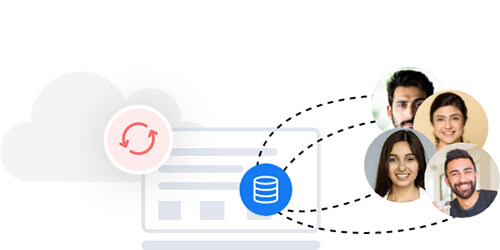
Access your information anywhere, at any time
IoT apps enable you to remotely access the information of your IoT devices whenever you need, as they’re connected via the cloud.
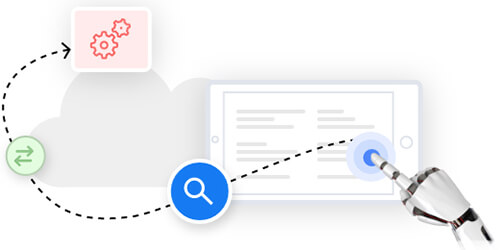
Augmented automation
The industrial Internet of Things (IIoT)—the application of IoT in industrial settings—plays a major part here. Through constant monitoring of devices, IoT apps provide insights which help in increasing the automation of business processes, subsequently leading to a reduction in manual effort involved in monitoring devices and hardware.
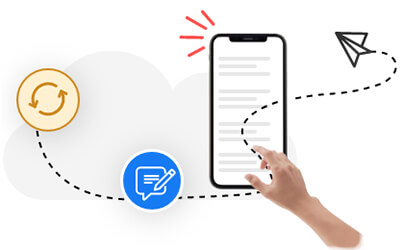
Rapid feedback
IoT apps and systems enable rapid fabrication and optimization of new products, due to the continuous feedback received from their devices. This allows manufacturers to provide immediate responses to constantly changing product demand.
Applications of IoT software
Software developed for the Internet of Things have wide applications across a multitude of industries. IoT apps can be deployed in sectors such as:
Government
Governments can deploy IoT apps in energy and resource networks, like power and water supplies. The feedback provided by deployed IoT apps can assist in quickly resolving any service outages.
Supply chain and logistics industry
IoT apps can be of immense use in ensuring supply chain efficiency and logistics sustainability. Telematics provided by IoT apps can aid in the tracking of vehicles, and carrier routing can be accomplished by IoT sensors. Warehouses fitted with IoT sensors can also aid in monitoring storage conditions.
Healthcare
This is a major industry benefited by IoT apps. Wearable smart IoT devices can assist people with monitoring their vital statistics, and healthcare professionals can assess the data gathered by wearables to ensure the well-being of their patients.
Automotive industry
IoT devices can help in streamlining the manufacturing processes in automotive factories. IoT sensors can assist in foreseeing and preempting spare part failure, in real time, in vehicles. Self-driving technology in cars is also enhanced by IoT feedback.
Low-code and IoT app development:The perfect combination
Conventional Internet of Things software development:
- Follows traditional software development models like the waterfall model
- Is time-consuming
- Is expensive
- Is inefficient
Internet of Things fuelled by a low-code app-development platform like Zoho Creator:
- Allows developers to develop IoT apps 10x faster
- Is highly efficient
- Is agile-friendly
- Brings all the benefits of the low-code world to IoT
Zoho Creator offers application programming interfaces (APIs), with which IoT hardware can push data onto the platform. Upon feeding this data to Zoho Creator’s analytics features, a multitude of IoT operations, including anomaly detection, device status, and device uptime, can be performed.
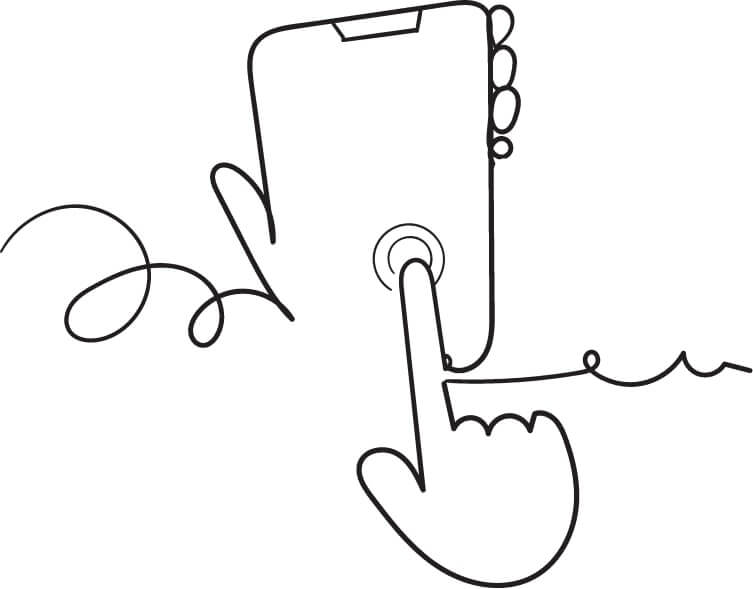
Unleash the potential of low-code into the world of IoT app development
Sign up for freeFrequently Asked Questions
What kind of devices are IoT-enabled?
Smartphones and smart watches are examples of IoT-enabled smart devices, as they can harness IoT apps to analyze and process the data from their sensors.
What devices can become a part of the IoT?
Any device that can provide information directly from its sensors, or indirectly from other hardware, can become a part of the IoT.
How safe is my data when using IoT apps?
Your data is secure with IoT apps. Platforms like Zoho Creator adhere to industry standards, such as encryption at rest and in transit, when it comes to ensuring the security and integrity of your data. Zoho is ISO 27001, ISO 27017, ISO 27018, SOC-2 type II, and Trust-e certified, and GDPR compliant.
What investment am I looking at if I leverage a low-code platform to augment my IoT apps?
Most low-code platforms offer a monthly or annual subscription-based pricing model. You pay only for developing your apps on the platform, not for the technical infrastructure, as Zoho Creator is an aPaaS (application platform as a service) solution. You can check Zoho Creator's prices here.









